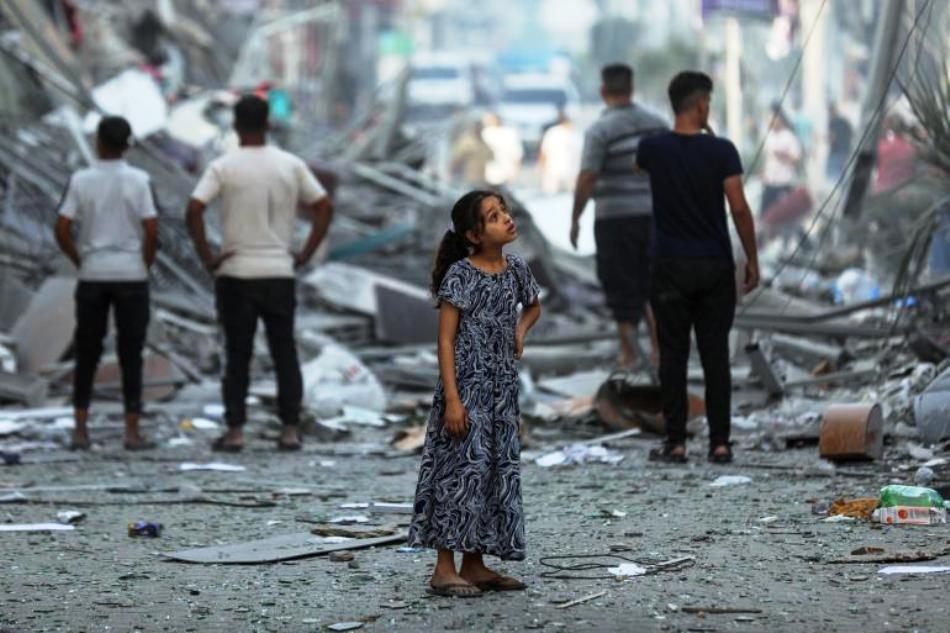On Wednesday, China and Russia blocked a US-sponsored resolution with their vetoes, while a second resolution backed by Russia fell short of the necessary number of votes.
This new information has made it much more difficult for the Security Council to agree on a unified approach to the crises in Gaza and Israel.
China and Russia, two permanent members of the Security Council, both voted against the U.S.-led draft resolution.
There were 10 yes votes and three no votes from Council members (China, Russia, and the United Arab Emirates), with two abstentions (Brazil and Mozambique).
With only five members on the Council, a ‘no’ vote from any one of them effectively kills any proposed legislation.
China, France, the Russian Federation, the United Kingdom, and the United States are the permanent members.
A second resolution draft, pushed by Russia, did not win enough support to be approved.
The United Kingdom and the United States were the only Council members to vote against the measure, while China, Gabon, Russia, and the United Arab Emirates all voted in favor.
At least nine Council members have to vote in favor of a resolution for it to be passed.
The resolutions, which were essentially identical in content, would have demanded a “humanitarian ceasefire” or “humanitarian pause” to allow the safe delivery of aid to needy civilians.
Both versions strongly criticized the October 7 terrorist attacks on Israeli civilians carried out by Hamas.
Fuel for hospitals and other essential services is expected to run out in a matter of hours, according to UN agencies on the ground, prompting calls for immediate intervention to alleviate the dire humanitarian situation in the Gaza Strip.
The two proposals differed significantly in several key respects, including a demand by the Russian-led one that Israeli forces immediately rescind the evacuation order for civilians to travel into southern Gaza and a clear reference of the States’ inherent right to self-defence in the American-backed plan.
Until a resolution is officially adopted, it does not reflect the consensus of the 15-member Security Council.
U.S. Ambassador Linda Thomas-Greenfield responded by expressing her country’s profound displeasure in China and Russia’s decision to veto the U.S. resolution.
She reaffirmed that President Obama and Vice President Biden, as well as Secretary of State Blinken, are committed to working with all Member States to support the UN Secretary-General’s initiatives.
Russian Ambassador Vassily Nebenzy expressed disappointment that the Council had failed to respond to the unprecedented violence in the Middle East after the Russian resolution was defeated, as reported by NAN.
